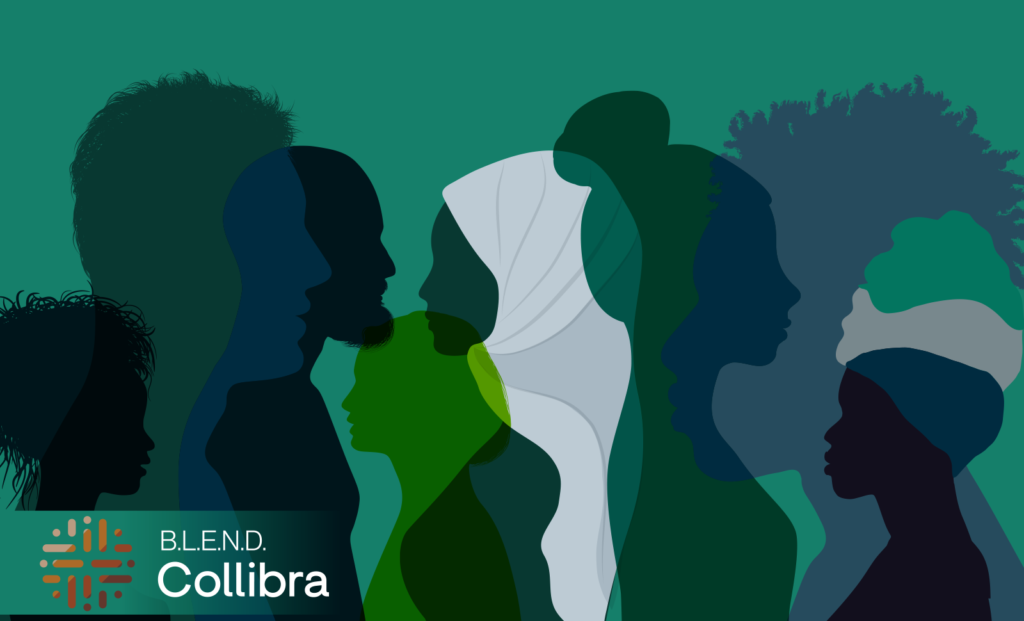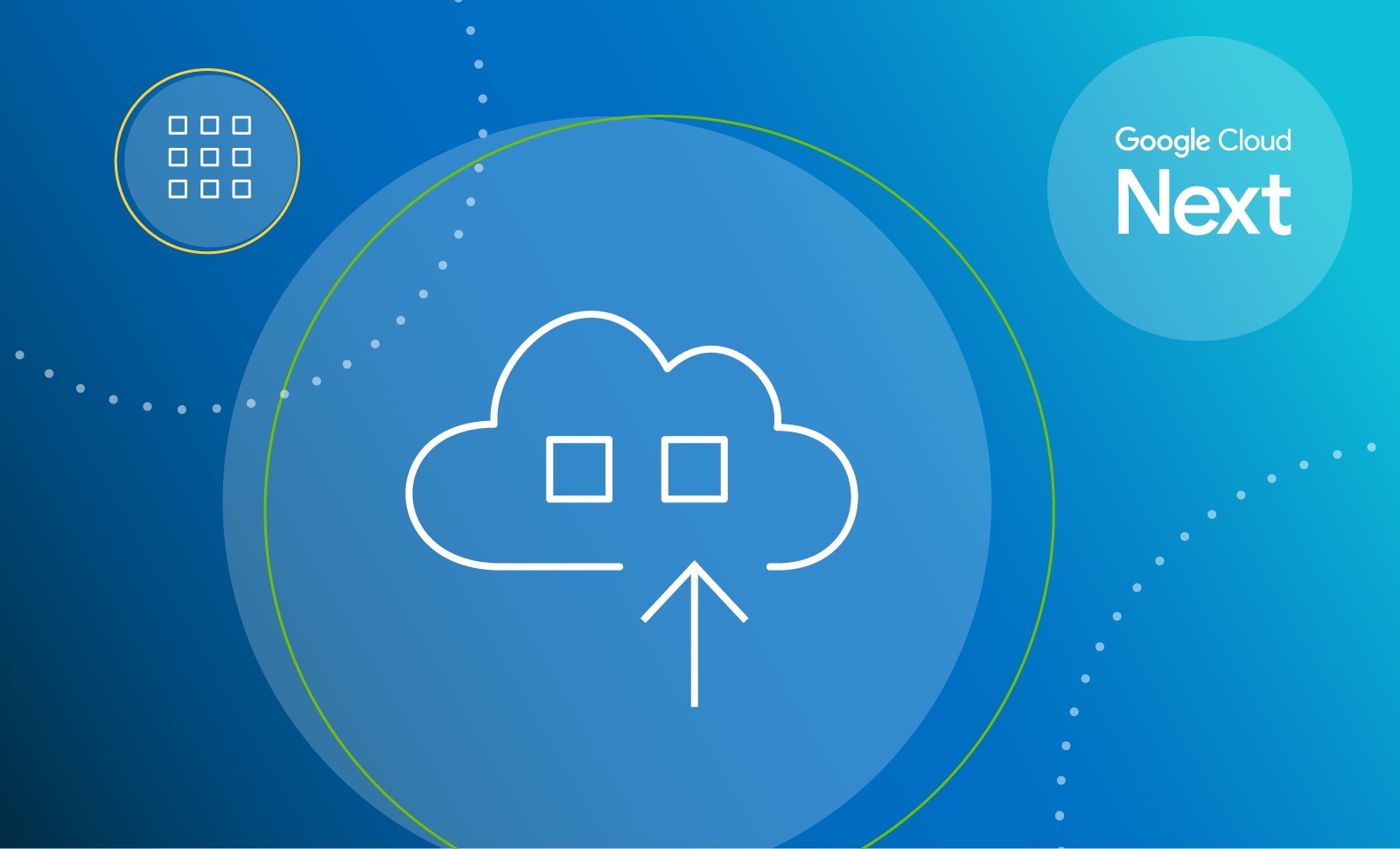Words matter. Words matter in relationships. Words matter in books, movies, and songs. Words matter in education. Words matter in recipes, in equations, and in poems. Words matter at Collibra.
At Collibra we strive to create an inclusive and diverse environment where employees use words to be open, direct and kind to one another. But beyond the people, Collibra also cares about the words in our code.
The Inclusive Naming Initiative
The Inclusive Naming Initiative is a global mission to “promote and facilitate replacing harmful and exclusionary language in information technology.” This initiative outlines the best practices for eliminating these harmful words and creating a more inclusive technology.
Google is a leader in this initiative, highlighting the need to remove gendered, ableist, violent and racist language in their code. They, along with other large enterprises, have eliminated words like master/slave, whitelist/blacklist, and segregate from their code. These words can be replaced with more inclusive language such as, primary/secondary, reject/accept, and separate. The Inclusive Naming Initiative also flagged words such as, abort/abortion and sanity check/ sanity test. They suggest these terms should be replaced with cancel, end or close, and confidence check or verification.
Why is inclusive code important?
In order to fully embrace diversity, equity and inclusion, we need to ensure we are being inclusive by design, even with the language in our code. This is not an easy feat; it takes time to overcome standard industry practices. Words like master/slave and blacklist/whitelist are also, regrettably, used as part of everyday language. These words are intrinsically connected to the history of slavery and cannot be separated from that history, even when used in code.
For example, in code, master/slave refers to a system with a single store of record and a set of replicas which maintain copies of the original. While the definition itself does not relate to slavery, the terms themselves cannot and should not ever be separated from history. These terms do not create an inclusive or welcoming environment, and instead refer to an oppressive time in history.
This notion is also true about whitelist/blacklist. In code, whitelist/blacklist are lists which permit or deny a set of nouns, or select enabled features. However, the terms denote the idea of ‘white = good’ and ‘black = bad’, which promotes implicit biases. In fact, a bias study performed by Harvard, ‘Project Implicit’, found that there was a direct correlation between concepts (e.g. black people) and evaluations (e.g. good or bad). Blacklist/whitelist is a harmful naming convention that plays off of deep rooted racism in society and illustrates the implicit bias across the tech industry.
We must eliminate these terms in order to create a more inclusive and welcoming society, and in turn, working environment. These terms conform to racism rooted in society and perpetuate this exclusivity in the workplace.
Collibra’s commitment
In honor of Black History Month, as part of our commitment to racial equity, we are exploring the ways that we can ensure inclusive code in our product. We are looking to eliminate whitelist/blacklist, slave/master, and abort from our code, terms considered tier 1 by the Inclusive Naming Initiative, and therefore, must be replaced. We plan to team up with the engineering team and the architecture team to create an inclusive environment in our product and beyond.
In addition to our inclusive code efforts, we are promoting inclusive language through company wide training and initiatives, such as yearly unconscious bias training. We also launched a program last year called the “Inclusive Tip Jar” which encourages Collibrians to donate $1 to the inclusive tip jar whenever they use an exclusionary term like “guys” in a meeting where people identify as different genders, say, in a room full of women . The money raised from the “Inclusive Tip Jar” goes to an array of charities that support our inclusion efforts. Finally, we also created a diversity glossary using Collibra Data Governance which defines inclusionary terms so that we can all be more educated and use the right terminology in meetings, while writing code, in blog posts, and beyond




